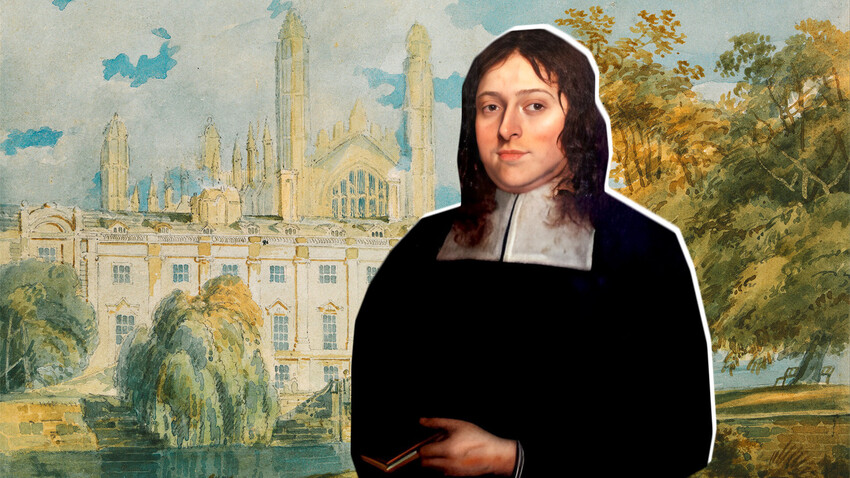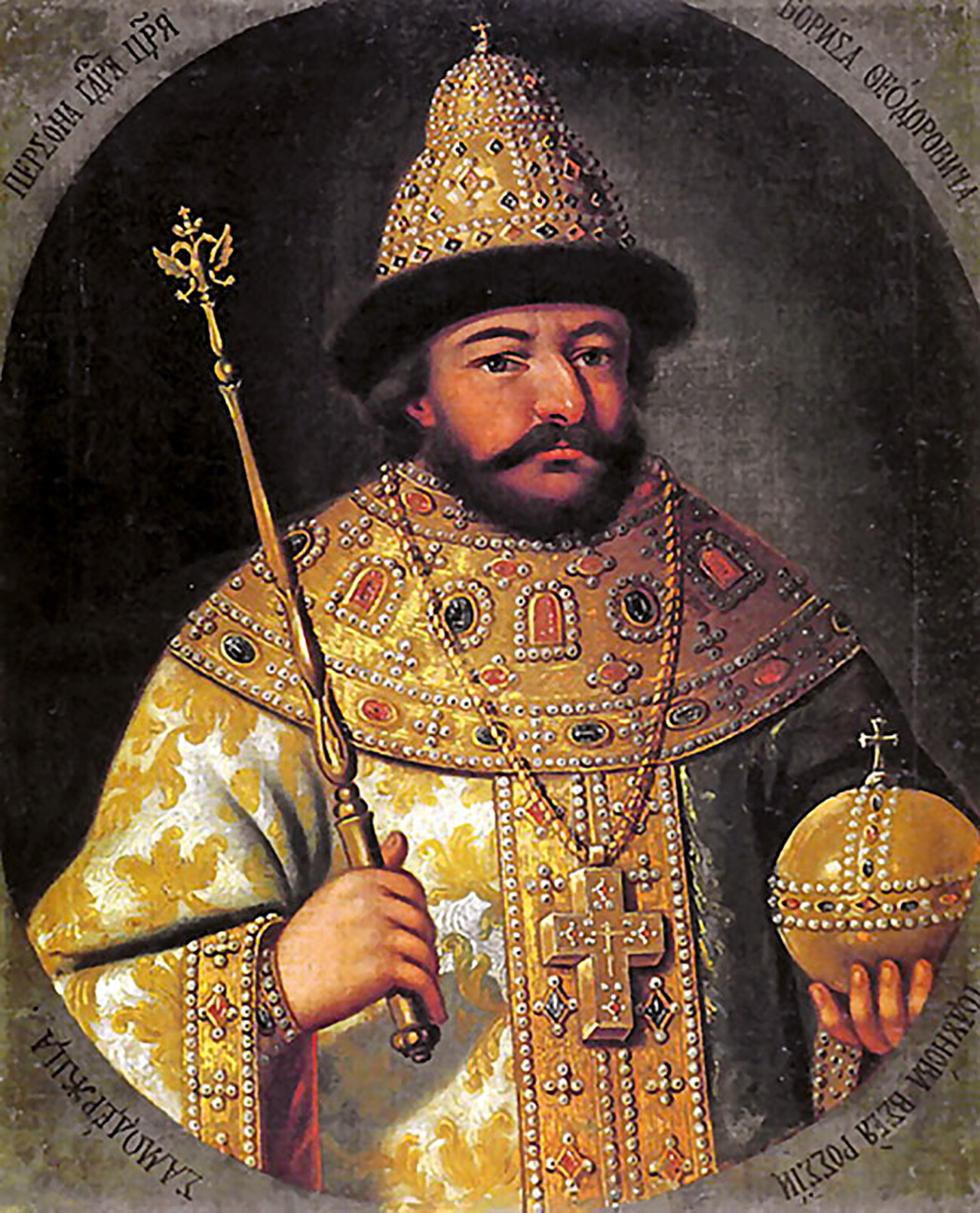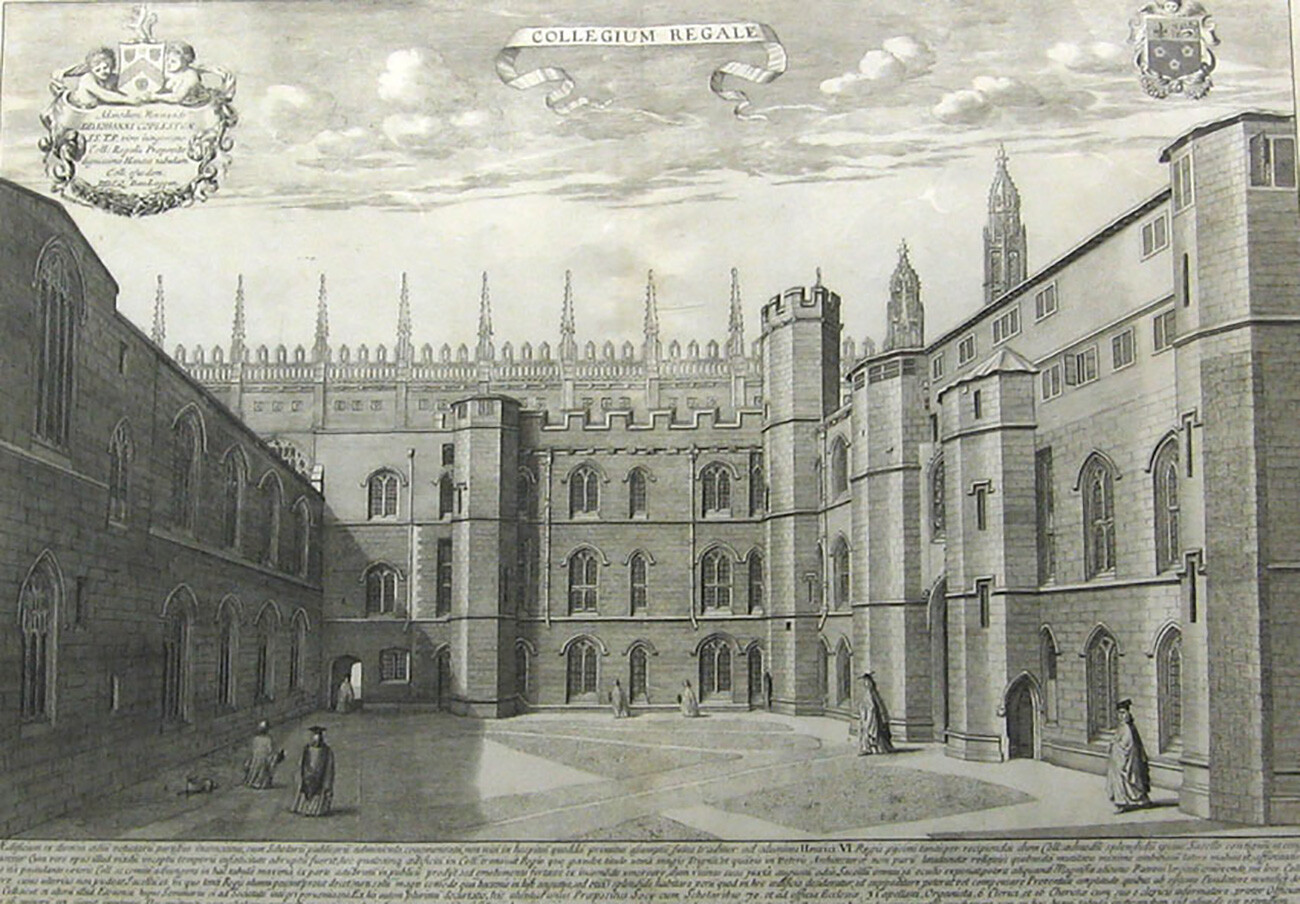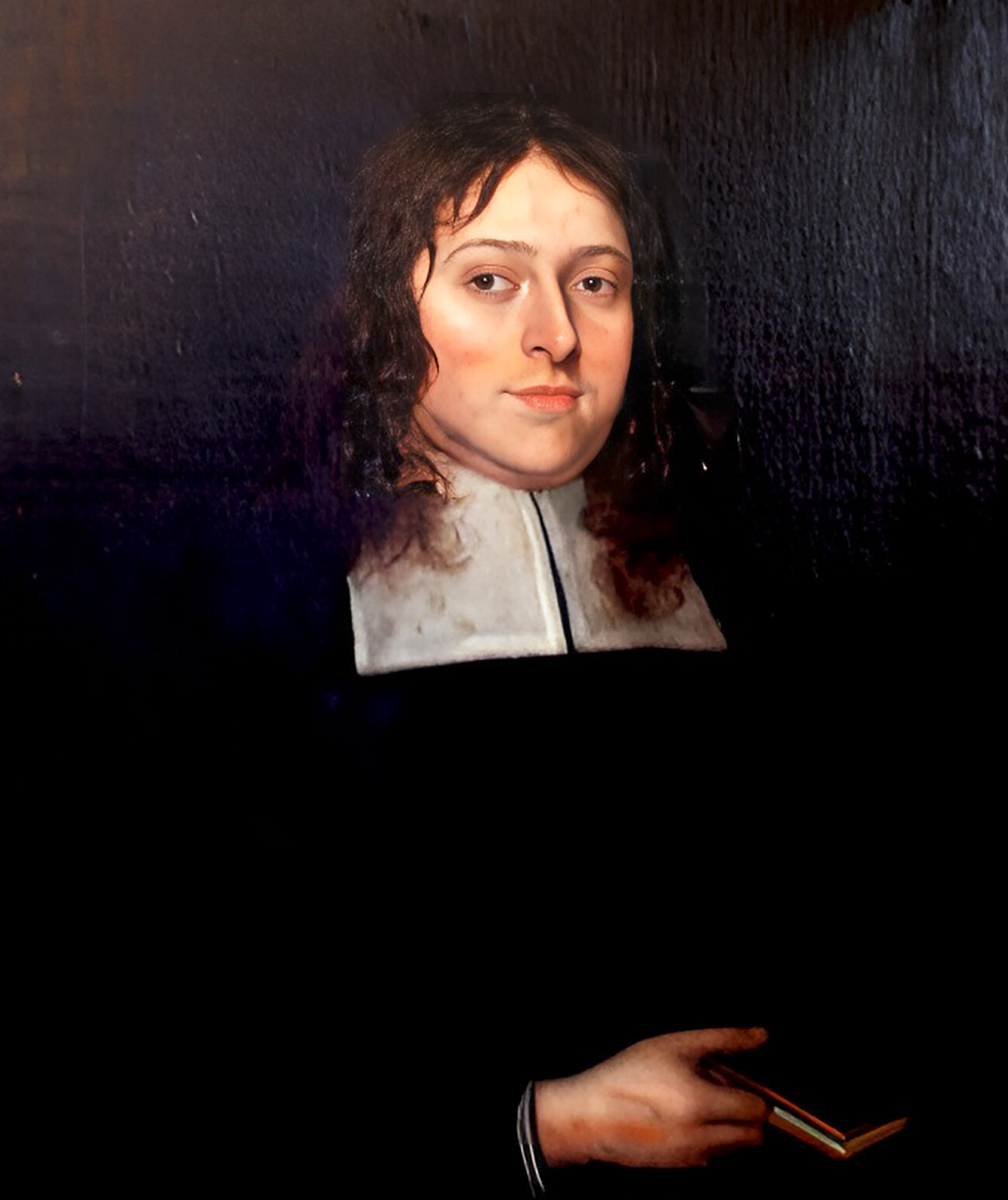
“The difference of languages can produce a difference in thoughts, [which is] dangerous for the church,” Nikolay Karamzin wrote in ‘History of the Russian State’ about the position of the clergy of the time of Boris Godunov’s reign. This was an exemplary response of the church to the initiative of the tsar to open the first university in Moscow in the western manner and to invite foreign academics. Godunov decided to borrow the traditions of European education a century earlier than Peter the Great, but he had to choose a different path.

The tsar found a way to realize his idea: In 1602, he sent 18 young men to study Latin and foreign languages in European countries. Four of them went to England. Elizabeth I decided to accept them and agreed with the condition set by Boris Godunov - Russian students would not be forced to change their faith during their studies. Upon their return, they were to enter the service of the Ambassador's Order.

The four were assigned to different universities. The son of deacon Gregory Olferiev Nikifor was sent to Cambridge. There, he studied first at St. John’s and then at Clare College. But, in 1605, Boris Godunov suddenly died, False Dmitry entered Moscow and distempr raged in Russia. And, only in 1613, when Tsar Mikhail Fedorovich Romanov ascended the throne, were the students remembered. Russian Ambassador Alexey Zyuzin decided to make inquiries and was unpleasantly surprised. The three had decided to tempt their fate in a foreign country: Sophon Kozhukhov and Kazarin Davydov worked for the East India Company in Borneo and Java, respectfully, while Fedor Kostomarov became the Royal Secretary in Ireland. Only Nikifor Olferyev remained nearby. But now, his name was changed to Nikephor Alferi.

It turned out that he was able to graduate from Cambridge, thanks to the help of the family of John Bidell, with whom he met during his studies. His father conducted trade with Russia and decided to financially support a young man who was far away from his homeland. Nikifor also changed to the Anglican faith. Only for this reason was the way to his homeland closed to him. Those who fell into the sin of heresy were punished severely - in some chronicles, there are instructions to burn renegades or bury them alive. And this ban on leaving Orthodoxy in Russia was maintained until 1905.
But, the ambassadors did not give up: even a apostate, Alferi had to be brought home. They overwhelmed English Parliament and King James I. They threatened the deterioration of relations between the countries and increased difficulties for English merchants trading with Russia. They claimed that Nikephor had simply made a mistake when he was young. They even tried to kidnap him. However, without any success.
In 1618, Alferi received a parish in Huntingdonshire, married a pastor’s daughter named Joanna Beth and lived in Woolley with his family until his death in 1666.
Dear readers,
Our website and social media accounts are under threat of being restricted or banned, due to the current circumstances. So, to keep up with our latest content, simply do the following:
If using any of Russia Beyond's content, partly or in full, always provide an active hyperlink to the original material.
Subscribe
to our newsletter!
Get the week's best stories straight to your inbox